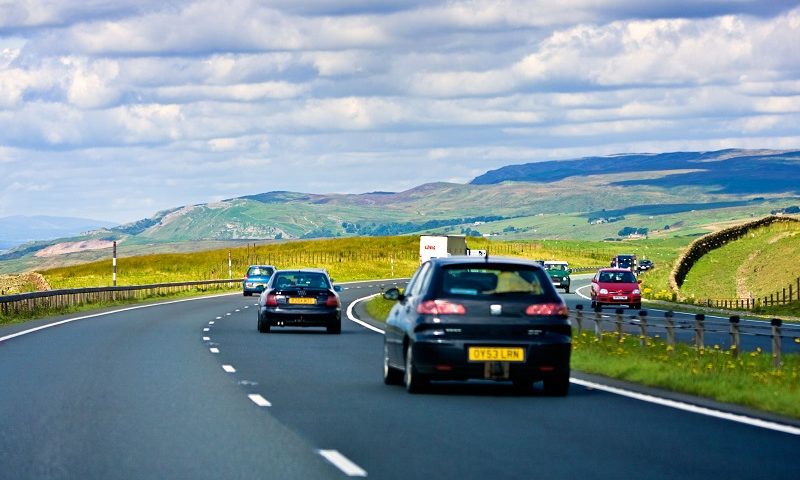Turn off cruise control to save money on petrol and diesel

The fuel crisis is impacting many of us. Petrol and diesel prices hit highs of £1.65 and £1.76 per litre this week. But have you tried changing the way you drive to cut down on fuel spend?
If you want your fuel to last longer, here’s one useful thing you can do – turn off cruise control.
Small things make a big difference
A feature on many modern cars, cruise control or adaptive cruise control (ACC) helps your vehicle maintain a constant speed while reducing the work of the engine.
This constant speed means you can save fuel while you’re driving on motorways, but if you’re driving locally, or on roads that aren’t flat, you can actually end up using more fuel.
With cruise control turned on, your car will be slower to react to any inclines in the road, so it will accelerate for longer than a driver usually would. Any automatic acceleration from the car also means more fuel consumption.
Because of this, turning off cruise control on roads that aren’t flat can help you save fuel but it also has another benefit – it can help you drive safely.
A study by the US Insurance Institute for Highway Safety (IIHS) found that if drivers only use ACC while driving, they are 18% more likely to speed than if driving manually.
It’s time to deactivate
Likewise, car manufacturer Kia points out that cruise control is only fuel efficient on flat, traffic-free roads, or on even uphill or downhill drives.
“However, if you are driving on hill conditions that change perpetually or sharp inclines, it is recommended to deactivate the cruise control function,” the manufacturer says.
They added: “The biggest advantage of using cruise control is its ability to lessen the feeling of fatigue of the driver during long-distance driving, while maintaining fuel efficiency by eliminating unnecessary acceleration and deceleration.”
If, along with turning off cruise control, you want other ways to save fuel, you can also turn off air conditioning, remove any roof racks, and keep your tyres inflated.
Find out how in-car technology impacts our safety on the roads.


